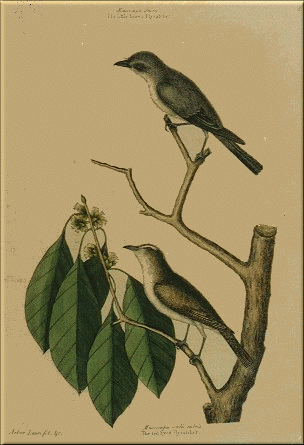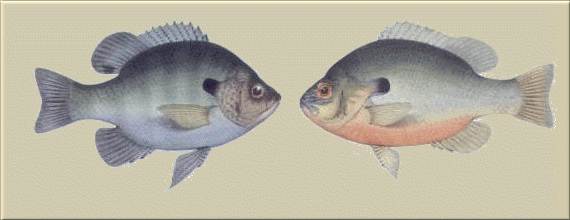
Volume 7

September 1854 - October, 1855




My faults are:
Paradoxes -- saying just the opposite -- a style which may be imitated.
Ingenious.
Playing with words -- getting the laugh -- not always simple, strong, and
broad.
Using current phrases and maxims, when I should speak for myself.
Not always earnest.
"In short", "in fact", "alas!", etc.
Want of conciseness.
If the gall was anticipated when the oak was made, so was the canoe when the birch was made. Genius stings Nature, and she grows according to its idea.
Thinking this afternoon of the prospect of my writing lectures and going abroad to read them the next winter, I realized how incomparably great the advantages of obscurity and poverty which I have enjoyed so long (and may still perhaps enjoy)... Ah, how I have thriven on solitude and poverty! I cannot overstate this advantage. I do not see how I could have enjoyed it, if the public had been expecting as much of me as there is danger now that they will. If I go abroad lecturing, how shall I ever recover the lost winter?
The perception of truth, of the duration of time, etc., produces a pleasurable sensation.
Just before sundown, we took our seats before the owl's nest and sat perfectly still and awaited her appearance. We sat about half an hour, and it was surprising what various distinct sounds we heard there deep in the wood, as if the aisles of the wood were so many ear-trumpets -- the cawing of crows, the peeping of hylas in the swamp and perhaps the croaking of a tree-toad, the oven-bird, the yorrick of Wilson's thrush, a distant stake-driver, the night-warbler and black and white creeper, the lowing of cows, the late supper horn, the voices of boys, the singing of girls -- not all together, but separately, distinctly, and musically, from where the partridge and the red-tailed hawk and the screech owl sit on their nests.

Agreeable to me is the scent of the withered and decaying leaves and pads, pontedarias, on each side as I paddle up the river this still cloudy day, with the faint twittering and chirping of a sparrow still, amid the bare button-bushes. It is the scent of the year, passing away like a decaying fungus, but leaving a rich mould, I trust.
Birds certainly are afraid of man. They [allow] all other creatures -- cows and horses, etc -- excepting only one or two kinds, birds or beasts of prey, to come near them, but not man. What does this fact signify? Does it not signify that man too is a beast of prey to them? Is he then a true lord of creation, whose subjects are afraid of him, and with reason? They know very well that he is not humane, as he pretends to be.
The tree whose fruit we would obtain should not be too rudely shaken even.
















